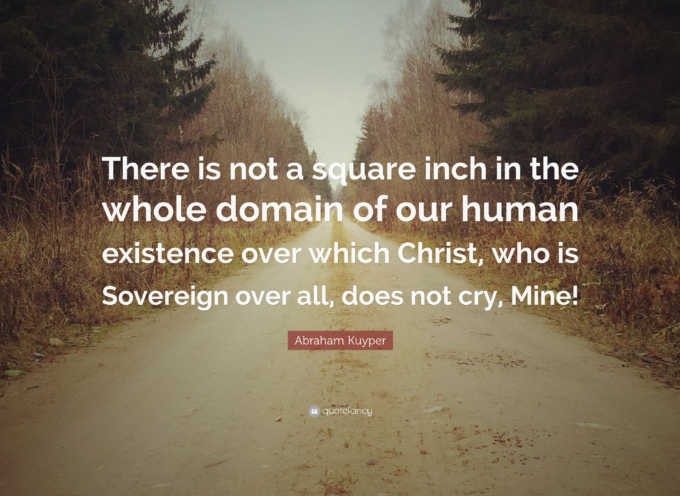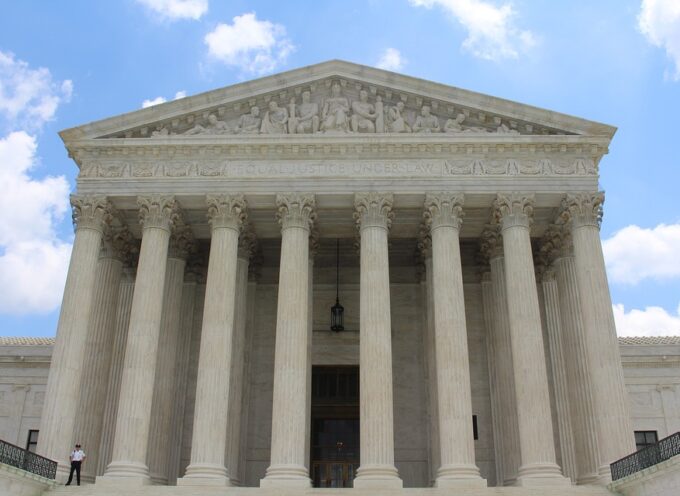Earlier this week, The Telegraph and the Daily Mail reported that a Dutch family had to hold down their mother, as she fought against being euthanized by her doctor. The (now deceased) patient’s case will be reviewed by the Dutch Courts to determine if doctors can be brought to trial for euthanizing a patient “in good faith.”
“Compassionate Killing” in the Netherlands
The Netherlands legalized euthanasia 17 years ago. Since then, doctors have taken the lives of more than 5,500 elderly citizens. The Dutch medical association has also published guidelines for killing mentally incompetent adults and handicapped newborns. In the Netherlands’ culture of death, it is not surprising that thousands of citizens carry cards prohibiting doctors from euthanizing them, and some elderly citizens fear going in for basic medical care because of the possibility of euthanasia.
In the case of the patient who was held down by her family, the patient suffered from dementia and had reportedly told medical officials that she wished to be euthanized when “the time was right.” Even though she reportedly had said “I don’t want to die” several times in preceding days, the doctor determined that the time was right, slipped a soporific into her coffee to relax her, and then tried to administer the lethal injection. The patient woke up and fought the doctor, so the doctor asked the family to hold the patient down while he finished her off.
Because this instance of euthanasia has been reported in more graphic detail than the thousands of others, perhaps it will cause Westerners to rethink the “culture of death” that has taken hold of our society, and that has been strengthened and given expression through the legalization of abortion, physician-assisted suicide, and euthanasia.
The Rationale for “Compassionate Killing”
Various rationales are given in favor of taking innocent life, whether through abortion, physician-assisted suicide, or euthanasia. Among them, two are prominent: a redefinition of what it means to be human and a revisioning of compassion.
Proponents of euthanasia and physician-assisted often give arguments similar to Peter Singer’s famous redefinition of “humanity” for a new millennium. Singer writes, “We can no longer base our ethics on the idea that human beings are a special form of creation, made in the image of God, singled out from all other animals, and alone possessing an immortal soul.” This sort of Christian reasoning is “religious mumbo-jumbo.”
Singer and others argue that, instead of ascribing inherent value to human life (based on the Christian understanding of humanity), we should ascribe functional value to all species of animals, including homo sapiens. The more conscious or the more high-functioning a human being is, the more he should be valued by society. Singer also argues that membership in the human species is not more morally significant than membership in any other species. He sometimes places higher valuations on animals than on humans, believing that an animal with full capacities may have more right to life than a defective baby or a sick elderly person.
Because he places humans on par with animals and ascribes value based on functionality rather than membership in a species, he (1) not only supports abortion-on-demand but also approves of infanticide within a limited time period after birth; and (2) not only puts human beings and animals on par, but goes beyond that to say that he doesn’t see any moral problem with bestiality as long as the sexual activity between the human and the animal is “mutually satisfying” and does not involve inordinate pain for either “partner.”
The argument based on the redefinition of humanity is most often taken by the professorial class, such as Peter Singer (Professor of Bioethics, Princeton University), Jonathan Glover (Professor of Ethics, King’s College, London), or John Harris (Founder of the International Association of Bioethics). The argument based on compassion, however, is usually at least a component part of every pro-euthanasia rationale, including not only professors but medical professionals and everyday citizens. For these citizens, sometimes the most compassionate act for other persons is to put them out of their misery. .
A Biblical Argument against Taking Innocent Human Life
In response to the legalization and normalization of euthanasia in Western nations, Christians should work for personal conversion, social renewal, and legal reform based on God’s revelation of the value and dignity of human life. As Chris Pappalardo and I wrote in One Nation under God, the Bible’s grand narrative begins by declaring that God is the creator, sustainer, and Lord of all life:
[God] gave the “breath of life” to every creature (Genesis 1:30), particularly to humanity (Gen 2:7). As humans, we occupy a special relationship to God as his image-bearers, our lives reflecting something of our Maker’s own life. Yet Adam and Eve’s sin precipitated a new reality: death. Because of sin, we all—like Adam—experience death, both spiritual and physical. It is the sheer mercy of God that he sent his Son to taste the full measure of death in our place, so that we might live eternally with him (Rom 6:2–4).
Because God takes pleasure in the life he has given, death grieves him. He expresses deep displeasure when one human being takes the life of an innocent other (Gen 4:10–11). He reminds us that murder offends him specifically because it is an affront to God’s own image (Gen 9:5–6). God looks on every member of humanity with a more tender compassion than a mother looks on her own newborn child, and he agonizes over their every pain.
The New Testament condemnation of murder does not substantially differ from the Old (Exod 20:13), except that Jesus deepens and extends the scope of the prohibition (Matt 5:21–26). Thus from cover to cover, the Bible affirms that human life is God’s good creation, whereas death is always an unwelcome intruder.
A biblical and historically Christian view of life compels us to reject euthanasia and along with abortion, infanticide, physician-assisted suicide, and other ways of taking innocent human life. warrant killing. Insofar as suicide and assisted suicide are directly addressed in Scripture, both are prohibited (1 Sam 31:4; Judges 9:54). God created life, and he values it whether we share his valuation or not. While there are instances in which God allows—even commands—people to take the lives of others justly, there is no indication that God desires us to end lives because their quality is “too low.” Aiming to kill a patient is neither compassionate nor morally permissible.
Subscribe
Never miss a post! Have all new posts delivered straight to your inbox.








Would it be too much to say that Peter Singer et al., who advocate “redefining” humanity, are talking like sociopaths? A single sociopath (e.g., Hitler or Stalin) can cause more grief to humanity than all the disabled persons in the world. But these people exist in considerable numbers, and their very ruthlessness often makes them successful in the academic, business or political spheres.
As for the medical and scientific communities, many of their members, too, seem to take a utilitarian view of their fellow human beings. The Apgar scores assigned to the newborn child are the first of many evaluations to which that person will be subjected in his or her lifetime. Any time a human being is “scored,” the possibility arises that the numbers derived will be used as a rationale for the granting or denial of specific resources. The idea that we are possess innate worth, have an immortal soul, are all “created equal,” is disregarded–perhaps because these qualities cannot be reduced to numbers.
A very fine, concise overview of the crime of euthanasia from a biblical worldview.
Thank you, Pierre.